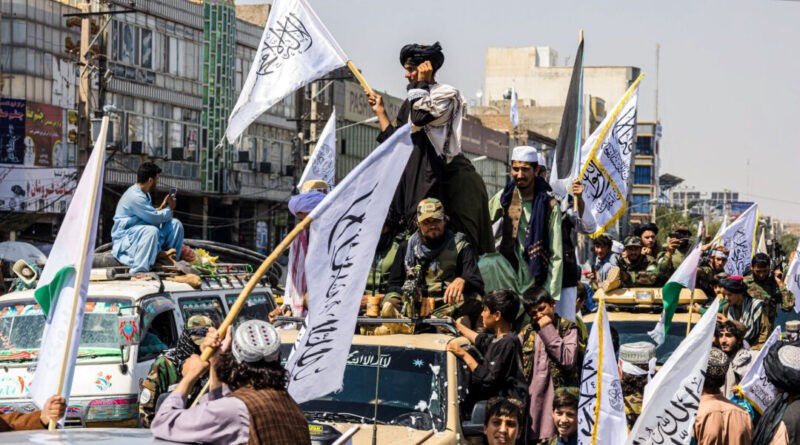Afghan Embassies in London and Oslo Shut Down Following Diplomatic Snub from Taliban
In July, the Taliban government in Kabul announced that it was no longer recognizing Afghan diplomatic missions in Britain and 13 other countries.
Afghanistan’s embassies in London and Oslo are set to close following escalating tensions between diplomats and the Taliban government in Kabul.
In July, the Taliban, which regained control of the country in August 2021, declared that it no longer acknowledged 14 diplomatic missions that remained loyal to the previous pro-western government.
The statement affirmed, “The embassy of the Islamic Republic of Afghanistan, along with many other political and consular missions of Afghanistan, will continue its activities embodying the values of human rights, pluralism, and peace despite numerous challenges and limited resources.”
Prior to this, the British government disclosed that the Afghan embassy in London would be closing on September 27th, as its staff had been dismissed by the Taliban authorities in Kabul.
Several Western countries, including Britain, do not recognize the Taliban as the legitimate government of Afghanistan.
Following the Taliban’s takeover, their ambassadors and diplomats were sent to various countries in Asia, including China, Pakistan, and the United Arab Emirates.
However, diplomats representing the previous Afghan government in 14 Western countries were left without leadership after President Ashraf Ghani fled Kabul and the Taliban assumed power in the summer of 2021, following the departure of U.S. forces as announced by President Joe Biden four months earlier.
In July, relations were severed with diplomatic missions in Britain, Norway, Sweden, Belgium, Switzerland, Austria, France, Italy, Greece, Poland, Canada, Australia, and two in Germany—Berlin and Bonn.
Taliban Accuses Diplomats
Over the past three years, many embassies in Europe and beyond have remained operational, but the diplomats working in them have faced accusations of failing to cooperate with Taliban authorities.
The source of funding for diplomats’ salaries and expenses remains unclear.
The Afghan embassy in London, an elegant Georgian building in Prince’s Gate opposite Hyde Park, was established in 1922, with the building being acquired by the Afghan government three years later.
In June 2020, the then-ambassador, Said Jawad, shared a photo of the embassy surrounded by scaffolding, noting, “Good to see that the reconstruction & restoration of the magnificent building of the Afghan Embassy in London to its original glory is progressing well, despite COVID-19. We hope to restore this century-old legacy of King Amanullah by the end of the year.”
Amanullah Khan, who was King of Afghanistan until 1929 when he fled to British-ruled India after an uprising, has a significant historical connection to the embassy.
‘Host Country’ Asked For Closure
On Monday, the current ambassador, Zalmai Rassoul, stated on X, “The embassy of the Islamic Republic of Afghanistan in London is scheduled to officially close and cease operations on September 27, 2024, as per the official request of the host country. This decision was made in accordance with the requirements of the host country’s authorities.”
“We express our gratitude to all colleagues, citizens, and related institutions who have sincerely cooperated with the Afghan embassy in London during this period,” it added.
The status of diplomatic immunity for embassy staff or the possibility of them receiving asylum in Britain remains uncertain.
On Monday, UN High Commissioner for Human Rights, Volker Türk, expressed concerns that the Taliban’s repressive control over women and girls in Afghanistan would jeopardize the country’s future.
Türk warned the UN Human Rights Council in Geneva, “I shudder to think what is next for the women and girls of Afghanistan.”
The Taliban has enforced restrictions on girls’ education beyond sixth grade and introduced laws limiting women’s participation in public life.
Embassies rarely close following a change of regime in their home country, making the closures of the Oslo and London embassies noteworthy events.
The Taliban did not respond to inquiries about the closures of the embassies in Oslo and London.
Associated Press contributed to this report.



